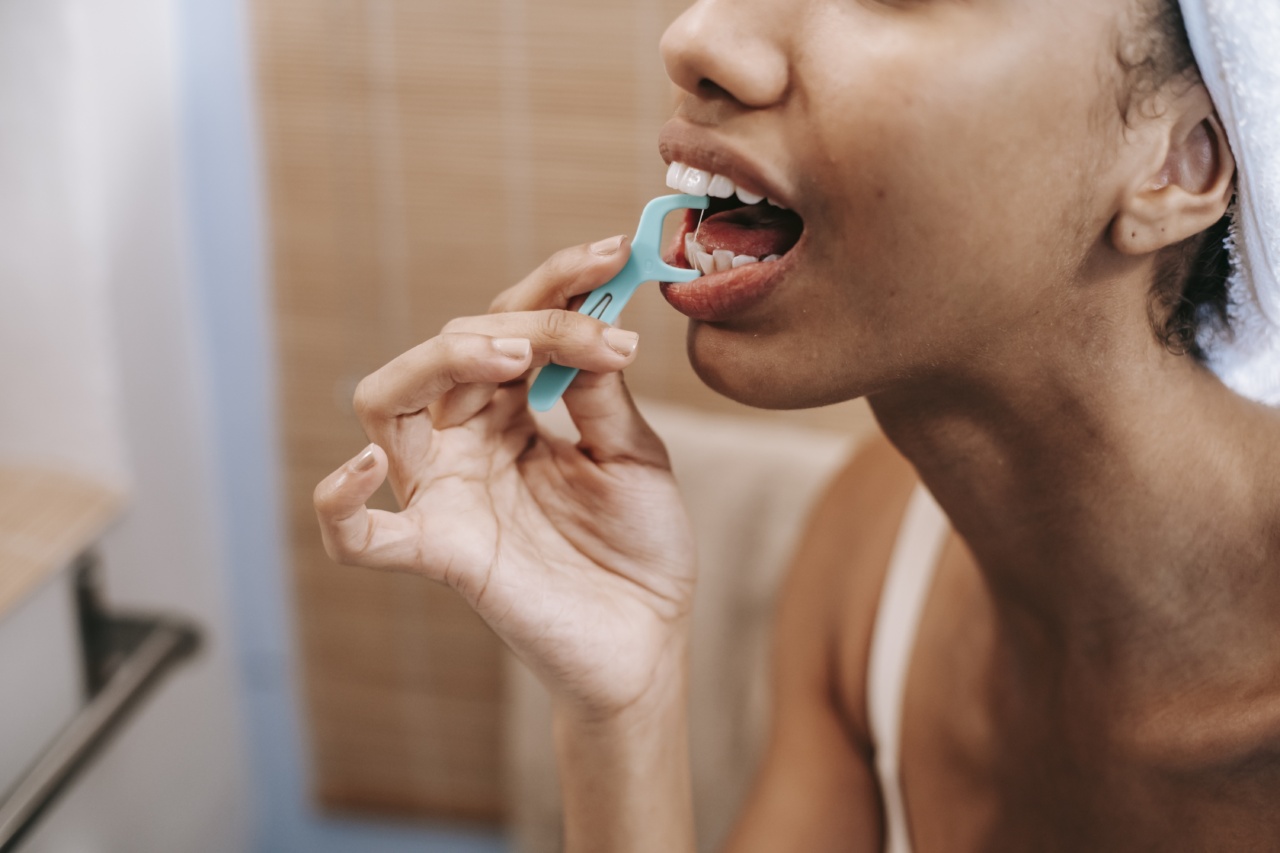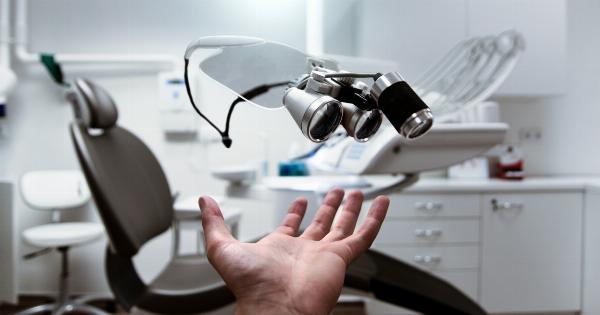When we think about maintaining a healthy body, we often forget about our oral health. However, research shows that there is a strong connection between oral health and overall well-being.
Taking care of our teeth and gums not only prevents oral diseases but also contributes to the health of our brain. In this article, we will explore the link between oral health and brain health, and provide you with tips for maintaining good oral hygiene for the benefit of your brain.
The Oral-Systemic Connection
The human body is a complex system, and various parts are interrelated in ways we may not even realize. One such connection is between our oral health and systemic health.
Several studies have shown a strong association between gum diseases, such as periodontitis, and other chronic conditions like heart disease, diabetes, and stroke. It is believed that the inflammation caused by gum infections can spread throughout the body and trigger or worsen these systemic diseases.
The Impact on Brain Health
Recent research has uncovered a surprising link between oral health and brain health.
Studies suggest that poor oral health, particularly gum diseases, may increase the risk of developing cognitive decline and even dementia, including Alzheimer’s disease. One possible explanation is that the bacteria present in the mouth can enter the bloodstream and reach the brain, leading to inflammation and the accumulation of harmful plaques.
The Role of Inflammation
Inflammation plays a significant role both in oral diseases and brain diseases. The body’s immune response to the bacterial infection in the gums can lead to chronic low-grade inflammation.
This inflammation can affect the blood vessels, including those in the brain, disrupting normal blood flow and potentially causing damage to brain cells. Moreover, the presence of inflammation can activate certain molecules that contribute to the development of neurodegenerative diseases.
Establishing Good Oral Hygiene
Now that we understand the importance of oral health for brain health, let’s explore some ways to establish good oral hygiene habits:.
1. Brush Regularly
Brushing your teeth twice a day is crucial for maintaining oral health. Use a soft-bristle toothbrush and fluoride toothpaste. Brushing removes plaque, which contains harmful bacteria that can lead to gum diseases and tooth decay.
2. Floss Daily
Flossing is often neglected, but it is equally important for oral hygiene. Dental floss helps remove food particles and plaque from between the teeth and along the gum line where a toothbrush might not reach.
3. Use Mouthwash
Antiseptic mouthwashes can help kill bacteria and freshen your breath. Look for a mouthwash that is approved by dental professionals and contains fluoride for additional oral health benefits.
4. Visit Your Dentist Regularly
Regular dental check-ups and cleanings are essential for preventing and detecting oral diseases at an early stage. Your dentist can identify issues that you may not notice and provide appropriate treatment.
5. Maintain a Healthy Diet
What you eat affects your oral health. Limit sugary and acidic foods and drinks, as they can erode tooth enamel and promote tooth decay. Instead, choose a balanced diet rich in fruits, vegetables, whole grains, and lean proteins.
6. Avoid Tobacco and Excessive Alcohol Consumption
Tobacco use and excessive alcohol consumption are detrimental to both oral and overall health. Smoking and chewing tobacco increase the risk of gum diseases and oral cancer.
Moderation is key when it comes to alcohol, as excessive consumption can lead to dry mouth and increased vulnerability to infections.
7. Protect Your Teeth
If you engage in physical activities or contact sports, wearing a mouthguard is essential. A mouthguard provides protection against dental injuries, reducing the risk of tooth fractures and dislodgements.
8. Consider Dental Sealants
Dental sealants are a protective coating applied to the chewing surfaces of molars to prevent tooth decay. They act as a barrier against plaque and food particles, keeping your teeth healthier.
9. Manage Stress
Stress can have a detrimental effect on your oral health. Avoid clenching or grinding your teeth, as it can lead to tooth damage. Find healthy ways to manage stress, like exercise, meditation, or engaging in hobbies you enjoy.
10. Educate Yourself and Spread Awareness
The more you know about oral health and its connection to overall well-being, the better equipped you are to take care of your own oral hygiene.
Share this information with friends, family, and loved ones to promote good oral health practices within your community.
Conclusion
Oral health is not just about having a bright smile, but it also plays a vital role in our brain health. Taking care of our teeth and gums is essential for preventing gum diseases and maintaining overall well-being.
By establishing good oral hygiene habits and being mindful of the oral-systemic connection, we can protect our brains and potentially reduce the risk of cognitive decline and dementia.






























